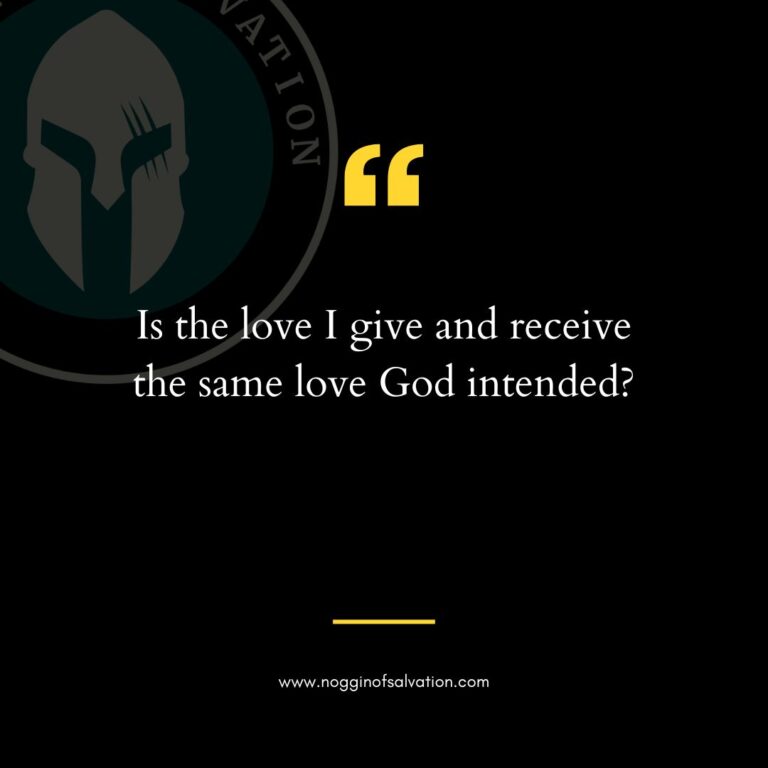When Love Has to Be Earned, It Stops Feeling Like Love
There’s a strange kind of emptiness that shows up in marriages that were once full.
It doesn’t always come with yelling or betrayal. Sometimes, it’s just the slow realization that love has become a performance—something you must work for, wait for, and maybe never fully receive. And when that happens, something inside you begins to shut down.
That’s where I am.
I don’t want to plan dates. I don’t want to “find time” for romance. We went out a few weeks ago, just the two of us. And I sat across from her, trying to feel something. Anything. But I couldn’t stop wondering why we were even there. I missed my phone. At least that’s something I’m still interested in.
It’s not because I’m cold. It’s because I’m tired.
Tired of loving someone who treats me like I’m the last thing that matters.
What Happens When Affection Is Conditional
In a healthy marriage, love is mutual. It flows. It’s freely given, even when it’s hard. But in some marriages, love becomes transactional. A point system. A silent rulebook. You get affection only when you meet someone else’s expectations. And if you mess up—even once—it’s withheld.
You find yourself walking on eggshells. Trying harder. Saying the right things. But no matter what you do, it’s never enough.
And then comes the moment where you finally ask:
If I have to earn your love, is it still love at all?
The Bible Shows Us a Better Way
God’s love is never earned. That’s the entire point of the gospel. Romans 5:8 says, “While we were still sinners, Christ died for us.” Not after we had it all together. Not when we proved our worth. But while we were still in the middle of our mess.
Marriage is supposed to reflect that kind of love—not a perfect love, but a committed one. A love that says, “I see you at your worst, and I’m still here.”
But what happens when one person in a marriage stops offering that? When they keep score, withhold affection, and offer their presence only as a reward?
That’s not biblical love. That’s emotional manipulation.
Psychology Confirms What Scripture Says
According to relationship psychologist Dr. Sue Johnson, emotional safety is the foundation of every healthy bond. If one partner feels dismissed, devalued, or ignored, the relationship begins to deteriorate—no matter how often the couple talks, dates, or even attends counseling.
You can’t date your way out of emotional rejection.
When your presence is only appreciated under certain conditions, your heart starts to withdraw as a form of self-preservation. It’s a defense mechanism. And over time, it becomes numbness.
And when you reach that point, it’s not about a lack of effort. It’s about survival.
I Don’t Want to Keep Pretending
I don’t want to go through the motions anymore. I don’t want to plan a night out and sit across from someone who’s made it clear that I’m not a priority. I don’t want to fake connection. I don’t want to force conversation. I don’t want to compete with her past, her parents, or her unresolved pain—especially when she refuses to admit any of it exists.
I’ve reached a place where I don’t care the way I used to. And that scares me.
But maybe it’s not indifference.
Maybe it’s grief in its final form.
You Can’t Build Love Alone
Love is not a job for one person. And it’s not something to be earned through perfect behavior.
It’s shared. Built. Protected.
And when one person stops showing up with love—and starts keeping score—the relationship stops growing and starts dying.
If you’re in that place too, you’re not crazy. You’re not broken.
You’re just tired of building something that someone else keeps tearing down.
Sources
- Romans 5:8 (NIV), Ephesians 5:25
- Johnson, Sue. Hold Me Tight: Seven Conversations for a Lifetime of Love
- Gottman Institute. (2022). The Four Horsemen: Criticism, Contempt, Defensiveness, and Stonewalling
If this resonates with you, you’re not alone.
I write about emotional resilience, biblical truth, and what it means to keep your soul intact when your home feels like the hardest place to be.
Subscribe, reflect, or share this with someone who might need it.







